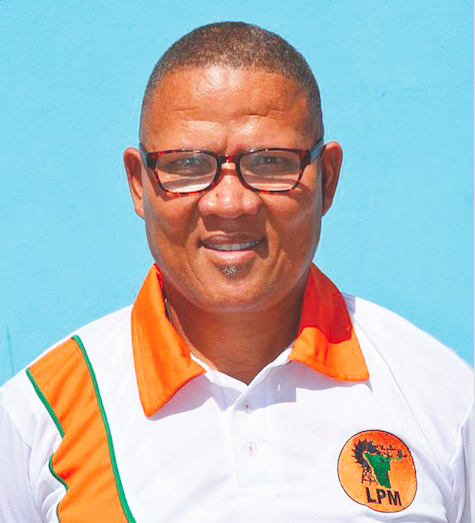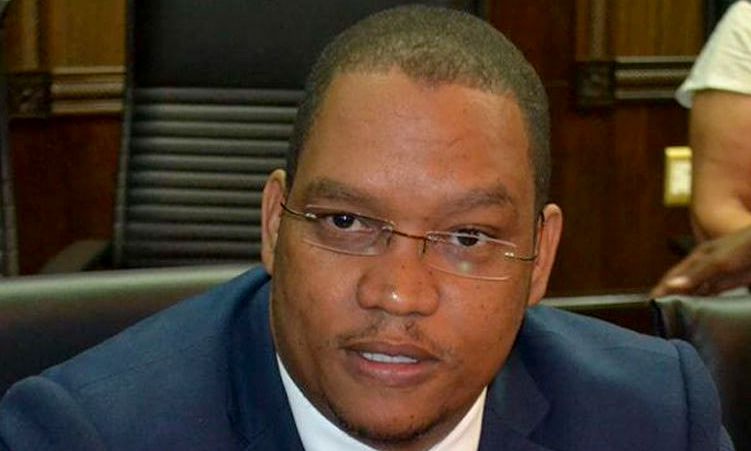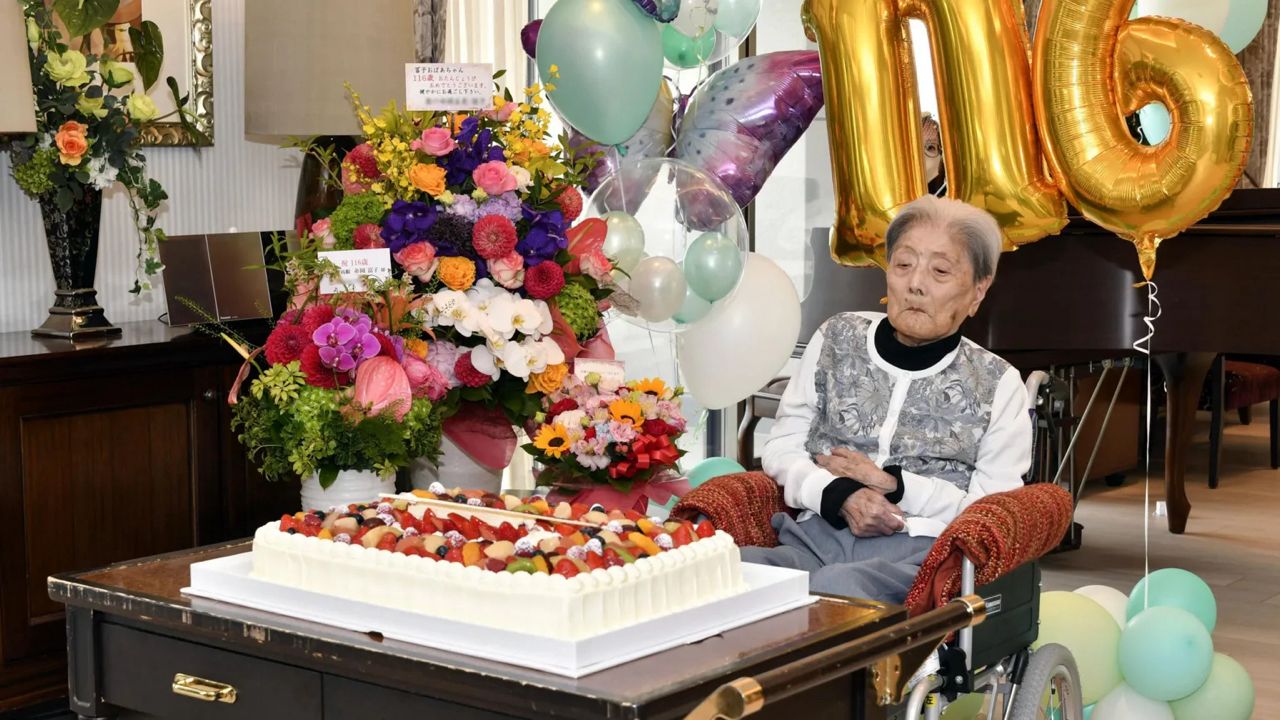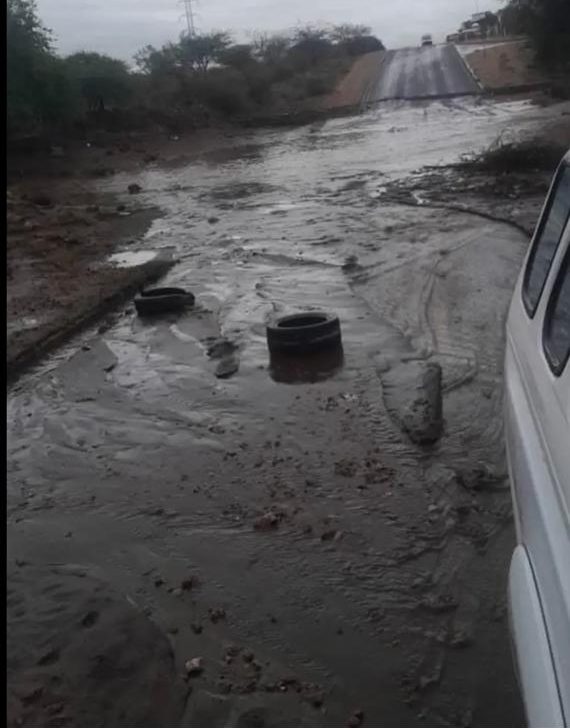The chairperson of the //Kharas Regional Council, Joseph Isaacks, says the country’s green hydrogen project is already excluding people from the south.
He yesterday gave the exclusion of the region’s youth from the green hydrogen bursary scheme initiative as an example.
Isaacks said “not a single one” was considered.
He was referring to a scholarship which is fully funded by the German ministry of education and research.
Isaacks said the green hydrogen project is far removed from the community, including the regional council.
“So, we are excluded, we are not at peace,” he said.
He said he reminded senior government officials that “we’re peace-loving people, but the way you’re excluding us, you’re provoking us”.
The chairperson of the parliamentary standing committee on natural resources, Tjekero Tweya, also says the green hydrogen initiative has so far excluded southerners.
He says the green hydrogen scholarship only benefited people from other regions.
“To our disappointment, which we had expected, the people in the region were left out. Some 95% of all scholarships were given to other Namibians rather than those in the regions,” Tweya says.
He says information on the bursary initiative was made available to a select few only.
“Information is given to the relatives and friends of those close to them in Windhoek,” he says, adding that unemployed Namibians do not have access to online information.
“We invest in a few youths so that they have access to everything, so we rotate them countrywide,” the Swapo lawmaker says.
Tweya made these remarks on Tuesday, when his committee met with officials from the German Agency for International Cooperation (GIZ).
GIZ officials were briefing lawmakers on green hydrogen energy.
The Namibian government and its German partners are in the process of establishing Africa’s first green hydrogen plant.
Hyphen Hydrogen Energy has been selected to develop a project in the //Kharas region to produce 350 000 tonnes of green hydrogen per year for export.
LOCAL CAPACITY
Namibian University of Science and Technology (Nust) academic Samuel John says local universities could provide green hydrogen energy courses.
He says Nust and the University of Namibia are already offering training on green hydrogen.
“We have been teaching renewable energy for a long time. So the backbone, the real infrastructure for green hydrogen, is not new in terms of renewable energy,” he says.
He says the aspect that is new “is the point of splitting water into hydrogen and oxygen, and then using the hydrogen to produce synthetic fuel, gas, and liquid”.
Meanwhile, the acting chief executive officer of the Namibia Students Financial Assistance Fund, Kennedy Kadume, says the fund is eager to support studies related to green hydrogen energy.
Although the Ministry of Higher Education, Training and Innovation provides policy direction in terms of priority fields of study, Kandume told Desert Radio on Tuesday that funding training in green hydrogen fields is “non-negotiable”.
Stay informed with The Namibian – your source for credible journalism. Get in-depth reporting and opinions for
only N$85 a month. Invest in journalism, invest in democracy –
Subscribe Now!








